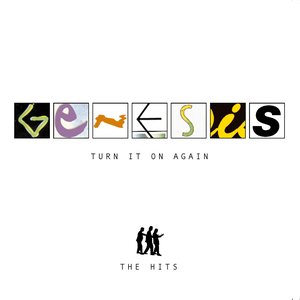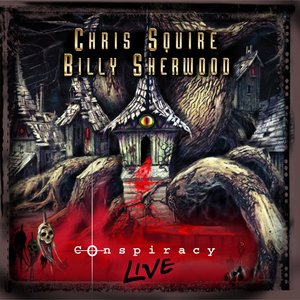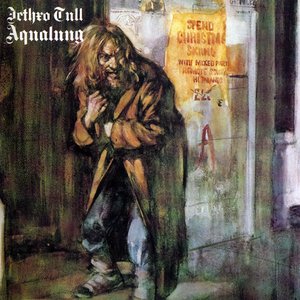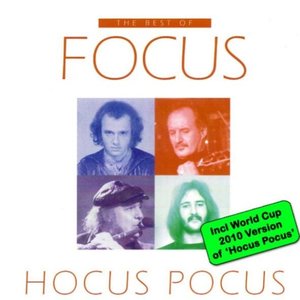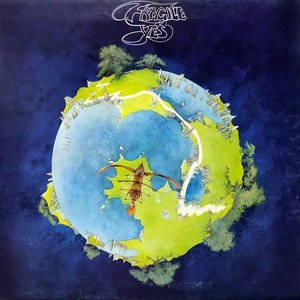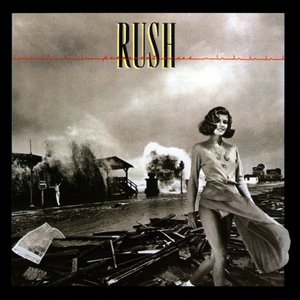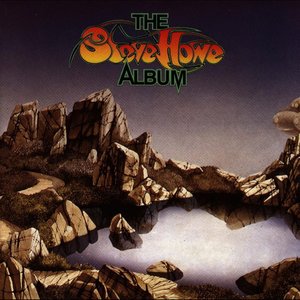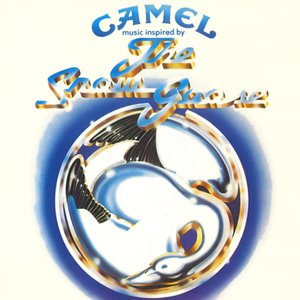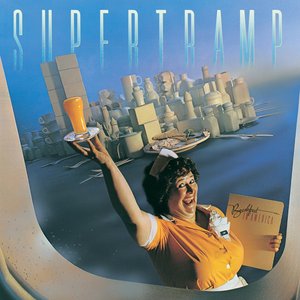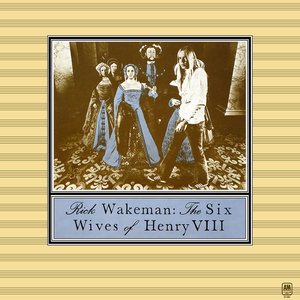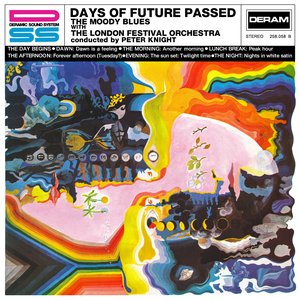Wiki
-
Release Date
12 November 1971
-
Length
9 tracks
Fragile is the fourth album by British progressive rock band Yes, After "Yes", "Time and a Word" and "The Yes Album". It is best known for the song "Roundabout", which was released in an edited version as a U.S. single and became one of the band's best-known songs. This was Rick Wakeman's first album with Yes and also their first trans-atlantic Top 10 release.
Fragile was issued in the UK in November 1971, but was held back in North America for two months because of the still-growing momentum of The Yes Album.
Unlike Yes' previous releases, this album showcased the band members' solo talents. "Cans and Brahms" is a piece by Johannes Brahms, consisting of extracts from the third movement of Brahms' 4th Symphony in E minor, arranged by Rick Wakeman; "We Have Heaven" is a Jon Anderson solo in which he sings all the vocal parts (a technique he later used on his solo album Olias of Sunhillow); while "Five Per Cent for Nothing", "The Fish" and "Mood for a Day" are solo pieces by Bill Bruford, Chris Squire and Steve Howe, respectively. The remaining songs are all group performances.
Work on the material began while Tony Kaye was still in the band. In a 2006 interview, he said, "I did rehearse Fragile before I left. I left in the middle." Kaye left the band and Wakeman was recruited.
A DVD-Audio version of the album was released in 2002, featuring Dolby Digital and DTS surround sound mixes and other additional features. The bonus track "America" features additional vocals in the last minute of the song which are not present in the 1972 release.
On November 7, 2006, two audiophile remasters of the album were released: an Ultradisc II Gold CD version by the Mobile Fidelity Sound Lab, and a 180 gram vinyl LP version by Steve Hoffman, to be released on Analogue Productions.
Track listing
Side one
1. "Roundabout" (Jon Anderson/Steve Howe) – 8:30
2. "Cans and Brahms" (Johannes Brahms, Arr. Rick Wakeman) – 1:38
3. "We Have Heaven" (Jon Anderson) – 1:40
4. "South Side of the Sky" (Jon Anderson/Chris Squire) – 8:02
Side two
1. "Five Per Cent for Nothing" (Bill Bruford) – 0:35
2. "Long Distance Runaround" (Jon Anderson) – 3:30
3. "The Fish (Schindleria Praematurus)" (Chris Squire) – 2:39
4. "Mood for a Day" (Steve Howe) – 3:00
5. "Heart of the Sunrise" (Jon Anderson/Chris Squire/Bill Bruford) – 11:27
2003 Re-master bonus tracks
10. "America" (Paul Simon) – 10:33
11. "Roundabout (Early Rough Mix)" (Jon Anderson/Steve Howe) – 8:35
Chart Success
Fragile (Atlantic 2401 019) reached #7 in the UK. It also reached #4 in the U.S. during a chart stay of 46 weeks.
Trivia
Steve Howe's use of harmonics on the acoustic guitar for the intro of "Roundabout" would become one of his most signature pieces of guitar work.
Rick Wakeman contributed to the writing of "South Side of the Sky" and "Heart of the Sunrise", adding piano interludes to both songs, but wasn't credited due to contractual conflicts. He was instead promised more money by Atlantic studio executives, which he claims he never saw.
In the film School of Rock, Fragile is given to the keyboardist Lawrence as he is told to listen to "Roundabout". Jack Black's character Dewey Finn tells Lawrence to listen to Rick Wakeman's Hammond organ solo on Roundabout and it would "blow the classical music right out your butt". On the commentary track for the DVD release of the film, Black states that the solo is his personal favorite keyboard solo.
In 1998 the track "Heart of the Sunrise" was used in the film Buffalo '66.
Personnel
* Jon Anderson: Vocals
* Chris Squire: Bass guitars, vocals
* Steve Howe: Electric and acoustic guitars, vocals
* Rick Wakeman: Hammond Organ, Grand piano, RMI Electra-piano and Harpsichord, Mellotron, Moog Synthesizer
* Bill Bruford: Drums, Percussion
Artwork
The cover design by Roger Dean depicts a tiny planet on the front. On the back, the planet has begun to break up and the population is escaping in a wooden space glider - a concept that was to inspire Anderson's Olias of Sunhillow, as well as the film Floating Islands. The artwork of Yessongs is believed to continue the narrative.
The LP's accompanying promotional booklet contains two additional Dean paintings; the front cover depicts five different creatures huddled under a root system; the back cover depicts a person climbing up a rock formation.
The inside of the promotional booklet consists of several different photographs of the band members interspersed with smaller Dean illustrations and photographs of their wives (including Jenny Anderson and Nikki Squire) and children.
On Wakeman's allotted page he features a photograph of his dog along with a list thanking everyone who helped further his musical career. Notably, he remarks "God Bless Brentford Football Club" (he now supports Manchester City F.C. after a dispute), along with "P.S. One future offspring." (Wakeman has had six children).
Recording technology and production methods
Recorded in September 1971 at Advision Studios in London, the album is an analog multi-track production. Standard multi-track methods were employed, such as overdubbing, including a clever flipping of the master multi-track tape to record the backwards piano, cued by Steve Howe's guitar, for the beginning of Roundabout.
Reissues
1986 - Atlantic - CD
1993 - Atlantic - CD (Remastered Gold Edition)
1994 - Atlantic - CD (Remastered)
2002 - Elektra / Rhino - CD (DVD-Audio with Bonus Track)
2003 - Rhino - CD (Remastered with Bonus Tracks)
2006 - Analogue Productions - LP (Audiophile Remaster)
2006 - Mobile Fidelity Sound Lab - CD (Ultradisc II Gold )
Album descriptions on Last.fm are editable by everyone. Feel free to contribute!
All user-contributed text on this page is available under the Creative Commons Attribution-ShareAlike License; additional terms may apply.

